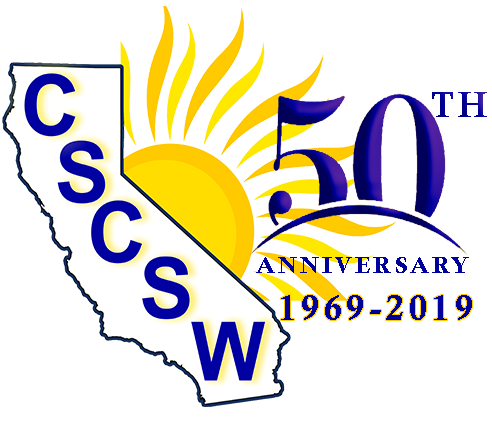California Society for Clinical Social Work
|
If you are a member and would like to share news about professional accomplishments— publications, speaking engagements, seminars, workshops, graduations—as well as volunteer projects and special interests or hobbies please contact the CSCSW Administrator at: info@clinicalsocialworksociety.org
Upcoming events
Donation goal
Follow Us
CSCSW | P.O. Box 60937, Palo Alto, CA 94306 | 310-254-9471 | info@clinicalsocialworksociety.org
